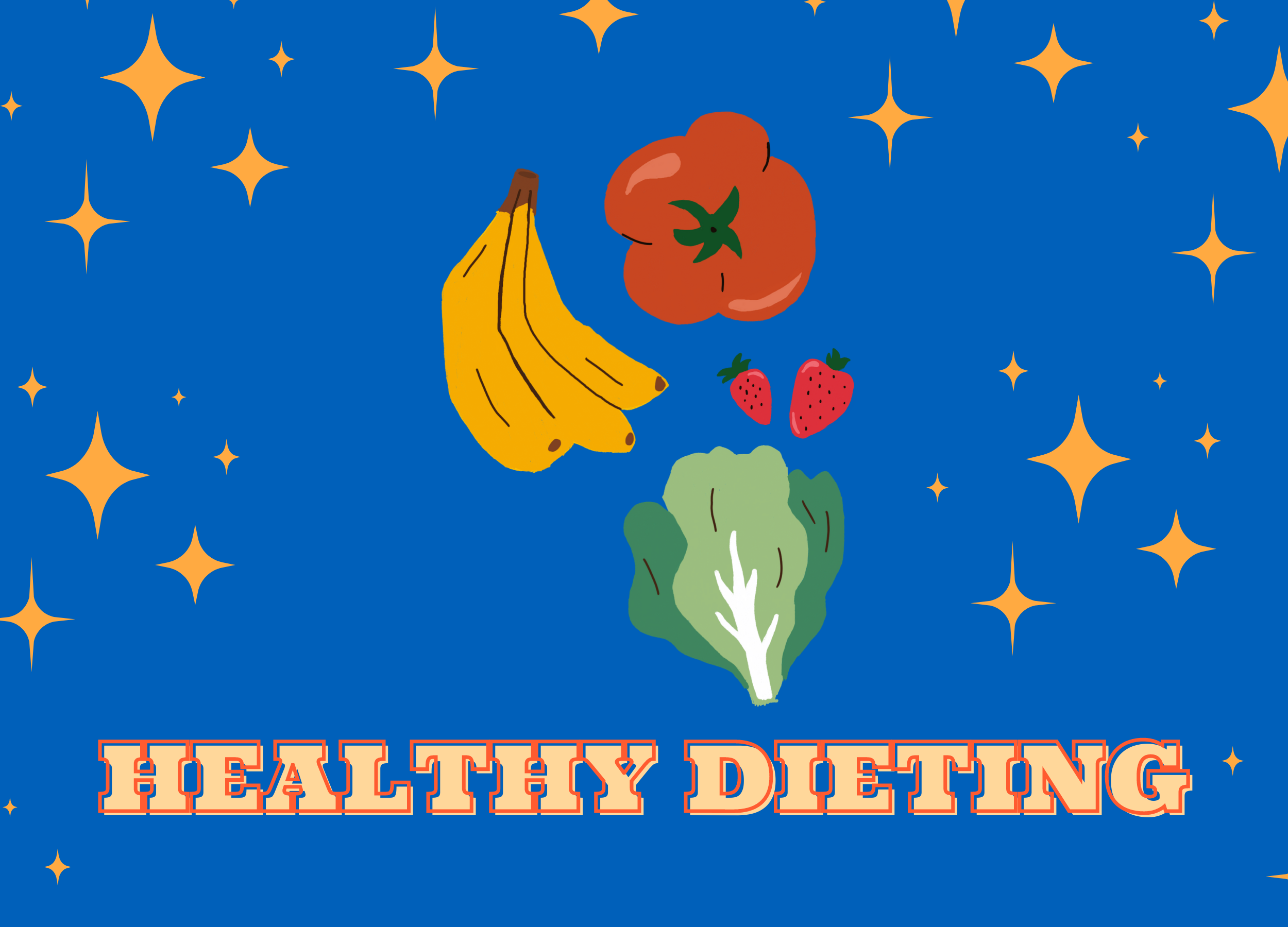Edited by: Anvitha Mattapalli, Jason Liu & Taruni Manam, Blogged by: Sahithi Lingampalli
Originally, dieting was created as a way to become healthy by losing a couple of pounds. However, with today’s impossible beauty standards, dieting has become very common- and even an obsession- for many. Since the early 1900s, dieting has become more prevalent, and most methods are not as healthy as you’d think. When you surf the internet for dieting methods, it can be hard to differentiate between unhealthy and healthy diets. The key to a healthy diet is sustainability: you should be able to follow through for a long time. To maintain your goal weight, you have to somewhat continue your diet even after you achieve your desired weight, which is why researching the long-term effects are so important. For example, despite the keto diet being a very popular and widely used weight loss strategy, there is little to no research that this type of eating habit is even effective or safe in the long term. Many unhealthy diets can leave people with negative side effects like headaches, menstrual problems, hormonal changes and more.
Unfortunately, there is no such thing as a “perfect diet” with no side effects coupled with lots of weight loss. However, there are certain habits you can implement into your life to lose weight more safely. For example, restricting your eating time from 11 am to 7 pm (8 hours) can help you restrict calorie intake, and intermittent fasting can help you lose 3-8% over a 3- to- 24 week duration. Besides changing your eating time, you can also eat more plant-based or Mediterranean meals, which are more environmentally sustainable. Additionally, there are the DASH and paleo diets that are known to be some of the healthier and sustainable diets. The DASH diet is an eating plan where you eat plenty of fruits, vegetables, whole grains and lean meats. Its original purpose was to help treat and prevent high blood pressure, but many people reported losing weight by incorporating this diet. The paleo diet promotes eating whole foods, fruits, vegetables, lean meats, nuts and seeds while the consumption of processed food like sugar, cheese and grains is restricted.
But, at the end of the day, the most important thing in starting a healthy diet is doing plenty of research and staying safe. Everything should be done in moderation where you don’t eat too little or too much. In addition, no diet is suitable for everyone. If a diet does not work for you, even if you eat and exercise right, you should research different methods based on your preferences and lifestyle so that your diet is tailored to your needs.
References
Raman, Ryan. (2019, August 5). The 8 Best Diet Plans — Sustainability, Weight Loss, and More. Healthline. Retrieved from Link.

